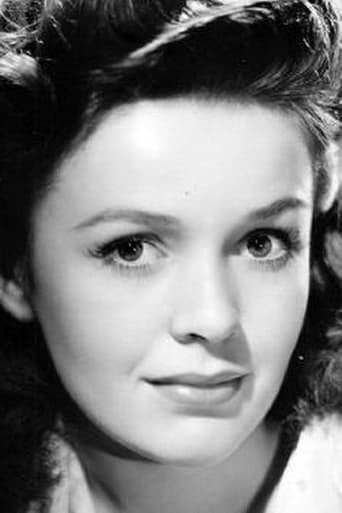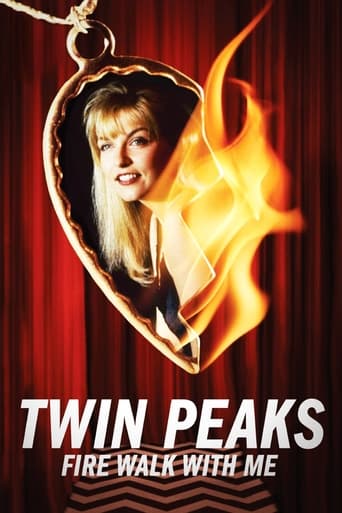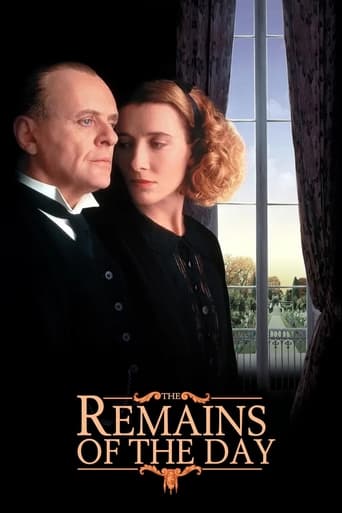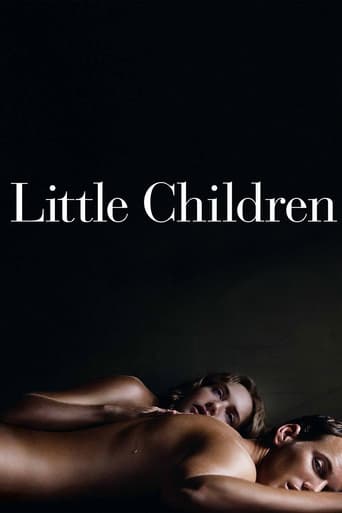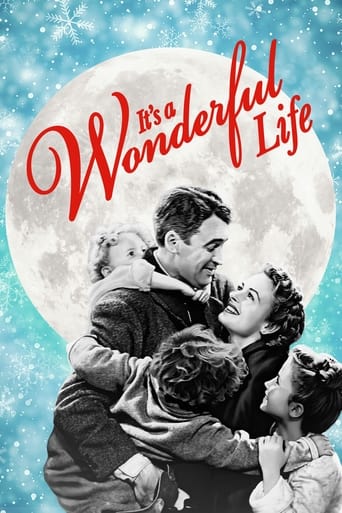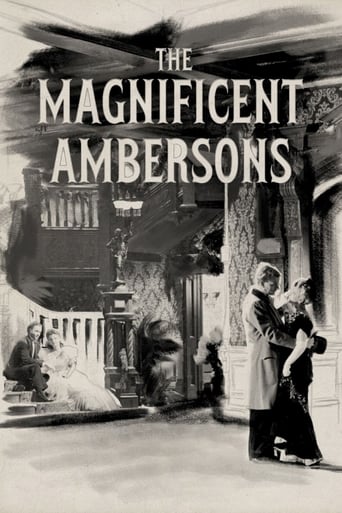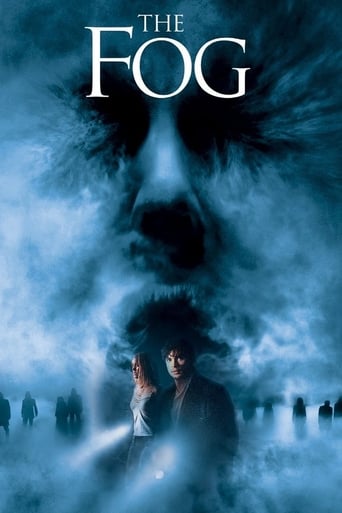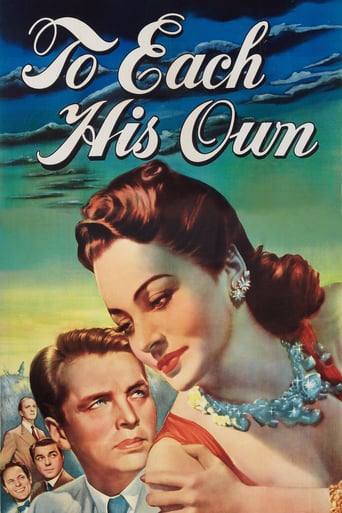
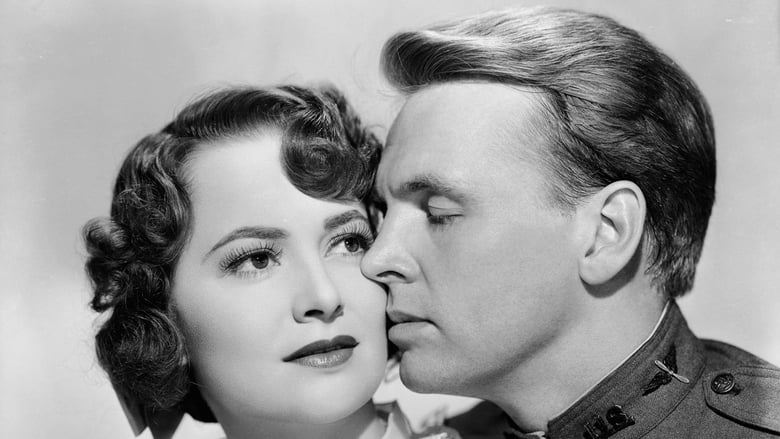
To Each His Own (1946)
During World War I, small-town girl Josephine Norris has an illegitimate son by an itinerant pilot. After a scheme to adopt him ends up giving him to another family, she devotes her life to loving him from afar.
Watch Trailer
Cast
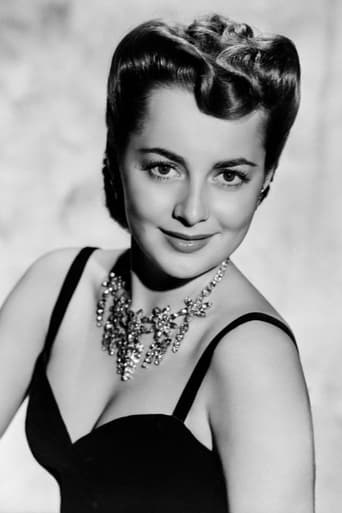


Similar titles
Reviews
Charles Brackett and Jacques Thery wrote a wonderful screenplay for a heart-wrenching story about a life that happened more than once, especially around the two world wars of the 20th century. It's a story that needed to be told, and that people should understand. A woman in love with a man in the military becomes pregnant out of wedlock, and the man is killed in the war. To have a baby in those times, without a husband, brought deep shame on a woman, and her family. It meant social ostracizing. That was the culture of many centuries that existed past the middle of the 20th century. Yet these women were mothers, and most wanted their babies. They were the offspring of the men they loved. But to bear the child in one's hometown or neighborhood would be unthinkable. So, some of the young such mothers married other men to have a father for their child. Most others went off to relatives or close family friends elsewhere to have their babies. Some were put up for adoption. Others were raised by relatives. The orphanages of the day were frequent places where such babies were left on doorsteps to be found and cared for. Some mothers kept track of their children, others didn't. Adoption policies then were much more restrictive than those of today. "To Each His Own" tells one such story, and Paramount couldn't have found a better actress to play the lead than Olivia de Havilland. She is one of the best performers of all time. Her Jody Norris portrays so perfectly what so many young women of her age and time must have felt and gone through. Her angst and fear, her love and devotion, her sadness and resolve – we feel something of all the emotions of a loving mother frustrated at her inability to have and to raise her child. De Havilland is one of the few actresses who could play this role so realistically and convincingly. The Motion Picture Academy agreed when it awarded her the 1946 Oscar as best actress. She won over a field of great performances in great films that reached far beyond those of the handful of nominees. De Havilland is joined here by a superb cast, all of whom give wonderful performances. Mary Anderson, who never reached much acclaim in her long career, gives one of her best performances. Her Corinne Piersen might have gained her an Academy Award nomination in another year without so many great films and performances. Phillip Terry is very good as Alex Piersen who is faithful to wife Corrine, but still pined for Jody. John Lund is very good in his dual roles. Roland Culver is just right for the character of Lord Desham, a man who helps bring some happiness into the life of Jody in mid-life. All others of a sizable cast are excellent. "To Each His Own" is an excellent film in all its technical areas. Mitchell Leisen did a tremendous job in directing, and all the film, camera, sound and editing work shine. The costuming and makeup excel, as Jody looks the perfect part of a woman in scenes 25 years apart. The flashback technique is this film works very well. It wasn't necessary but probably made the ending more dramatic where we see Jody's character change from grouchy to soft. This is a wonderful film that all should enjoy. It's a nice slice of sociology study for the period from before World War I to World War II. Yet, I can't help wonder, considering the dislike between them, how the film might have turned out had Joan Fontaine played Corinne. She probably wouldn't have taken the role – to play second fiddle to her older sister by one year. What tremendous talent these two sisters had. Olivia and Joan were born of English parents and seemed to have inherited their talent and love of acting from their mother, Lillian Fontaine. Joan Fontaine won the best actress Oscar in 1942 for "Suspicion." She beat out Olivia who was nominated for her role in "Hold Back the Dawn." Joan was nominated two more times for Oscars, and later was nominated for a daytime Emmy award. Olivia won two Oscars – the other being for "The Heiress" in 1949. She was nominated three more times. She also won two Golden Globes, with one more nomination and a prime time Emmy nomination in her later career.Two other English families had multiple stars who loved acting. The most prominent was probably the Redgraves. Father Michael, son Corin, and daughters Lynn and Vanessa were prominent stars of stage and screen in the 20th century – the children into the 21st century. Another English family of film and theater would be that of John Mills and Mary Hayley Bell. Their daughters Hayley and Juliet became stage and screen actors.Perhaps the most famous talented family of actors of all time have been the Barrymores of America. Brothers Lionel and John and sister Ethel commanded top billing for the first half of the 20th century. They had later theater progeny, the most recent being Drew Barrymore. She is the granddaughter of John.
This is de Havilland's personal favorite of her own movies. She won her first of two Best Actress Oscars for this movie. The movie starts in London during the Nazi bombings of WW II and then flashes back to Jody's memories as the teen-aged daughter of a small town druggist during WW I. There is something about this movie that I just don't like. Is it that most of the characters were not likable? Or is it that I personally thought Jody was always selfish to everyone, everywhere? One keeps wondering why she never "got on" with her personal life after giving her son up for adoption. Is this noble or right? It comes down to this: having a life full of love and memories or having one full of regrets and disappointments. For me, she chose the wrong path. Nothing was ever forced on HER the way she forced herself on her friends. For me, there was only one truly noble character in this movie, Lord Desham. Only he was not a mercenary. Only he knew what it was like to have lost everything and know that he had wasted so much of his life in its lonely misery.
This is another of those recipients of a top Oscar (in its case, Olivia De Havilland's first for Best Actress) which have unaccountably fallen through the cracks over the years; in fact, the copy I watched left much to be desired, and this prestigious Paramount effort does not even seem to have been released as a MOD DVD-R! Indeed, it was helmed by one of the studio's top directors, albeit starring an actress who had long been associated with one of its rivals i.e. Warner Bros. With this in mind, the film seemed very much in the vein of a typical vehicle Bette Davis (a De Havilland colleague) would make over there – in particular, it followed pretty much the same plot as THE OLD MAID (1939)! This neglect may have something to do with the fact that, not only was the star's second win – for William Wyler's Henry James adaptation (of "Washington Square") THE HEIRESS (1949) – a more substantial (or, if you like, contested) achievement but, that same year (1946), De Havilland would appear as twins in Robert Siodmak's classic noir THE DARK MIRROR, which the late eminent British film critic Leslie Halliwell eventually chose for the actress' rosette in his "Filmgoers' Companion"! Anyway, the plot (co-scripted by producer Charles Brackett – who received the film's other Oscar nod for Best Original Story) is not exactly compelling and fairly preposterous at times: De Havilland meets, is seduced and impregnated by dashing flier John Lund (in his debut and, curiously enough, amounting to a dual role) in one night; then, so as not to create a scandal in her small town, she tries to pass her offspring off as a foundling which is subsequently 'claimed' by a couple – the man involved having only married after the heroine rebuffed him – whose own baby has just died and left the mother grief-stricken! However, De Havilland keeps a close watch on her son by seeking to assist her former flame's wife; when the family's fortunes flounder but herself comes into big money – by taking over the cosmetics company set up by yet another bootlegging ex-beau(!) – she offers to bail them out as long as the child is returned to her. Still, her pampering is not enough to conquer his affections, and she has no option but to let him go! Years later, they are momentarily reunited in London (where he, whom Lund again incarnates, is about to be married) but a British lord – played by Roland Culver and who, like De Havilland, has known disillusion and loneliness – determines that the truth finally comes out...The handsomely mounted film is well served by the accustomed studio efficiency; De Havilland, only 30 when this was made, is most convincing as a woman who has sacrificed her youth and personal happiness for the sake of her (ungrateful) flesh and blood – in this respect, it does feel somewhat old-fashioned, considering that it offers nothing new from the standard "Madame X" formula. Incidentally, while rated a respectable ** in the afore-mentioned "Leslie Halliwell Film Guide", it is erroneously listed therein as running 100 minutes – when the movie's official duration is well over that length, at a hefty (if not overly tiresome) 122!
...and I know that people will say it's soap opera !But to make that kind of soap opera,as Stahl,Minnelli and Sirk showed it through the years,it takes some kind of genius! First the structure:first a prologue ,then flashbacks and an epilogue ,which while going back to the present,connects all the links of the chain in an awesome way.It's not unlike Leisen's previous (and remarkable too) 'Hold back the dawn" : Lord Desham plays the same part as the director in the 1941 movie ;Although Jody does not tell her secret to him ,it's finally him who makes her dream come true."To each his own" possesses everything that makes a melodrama great: a "tearjerker" (not meant pejoratively) subject: the well known story of the unwed mother who's forced to leave her child to another family ,it recalls "the old maid" ,another classic where Bette Davis had a fate similar to her good friend Olivia de Havilland's; and ,another permanent feature of the genre,the heroine who has lost love (or who thinks that she 's through with it )and who begins a formidable business woman career (there are plenty of examples:Stahl's "Only yesterday" and "imitation of life" ,Sirk's "Written on the wind" );and a grandiose finale with a last line (I think it is our dance ,mother) to rival the best of the last lines.To write that De Havilland deserved her AA is to state the obvious.She actually plays three parts ,with the same talent.Like her peer Davis in "the old maid" ,she was not afraid of making herself look older or uglier .(see also "the heiress" "hold back the dawn" "snake pit" ).



